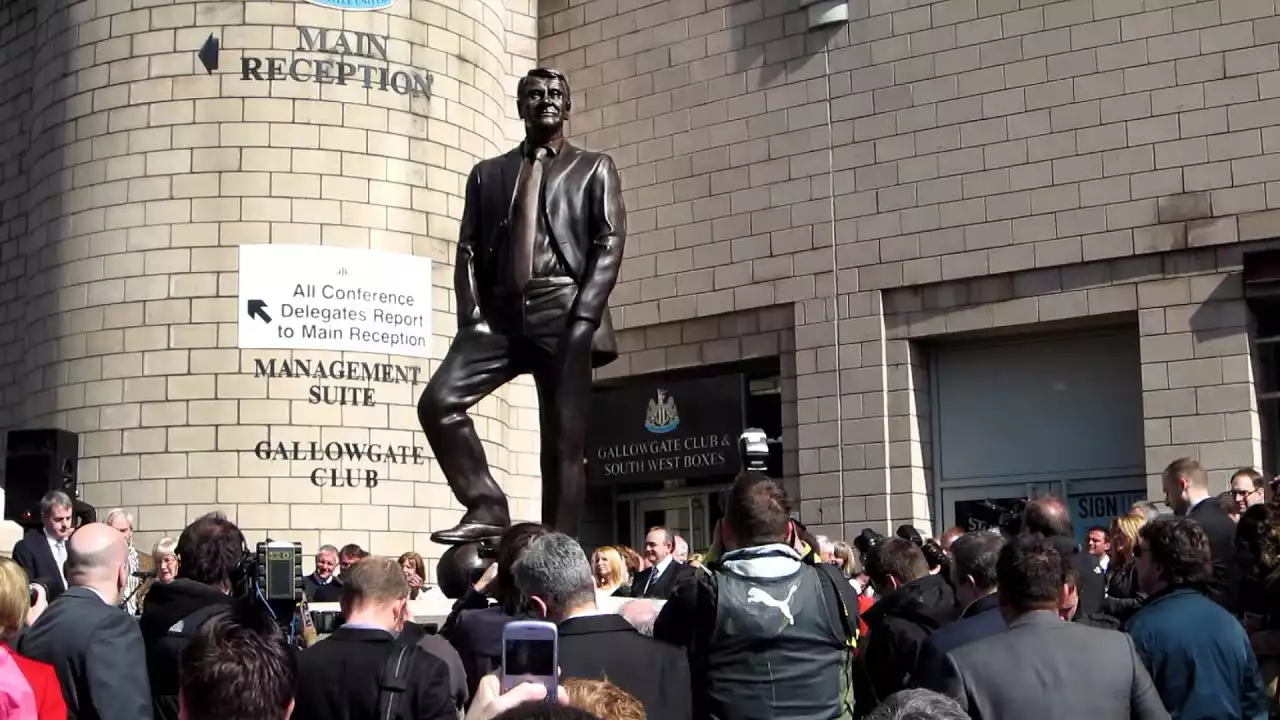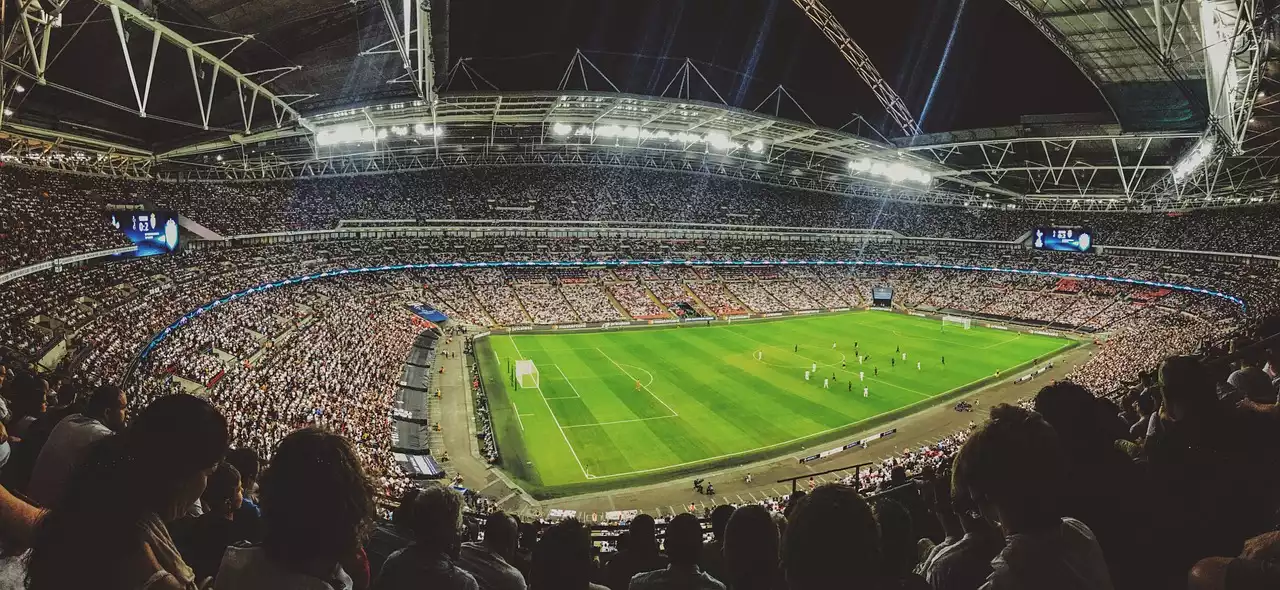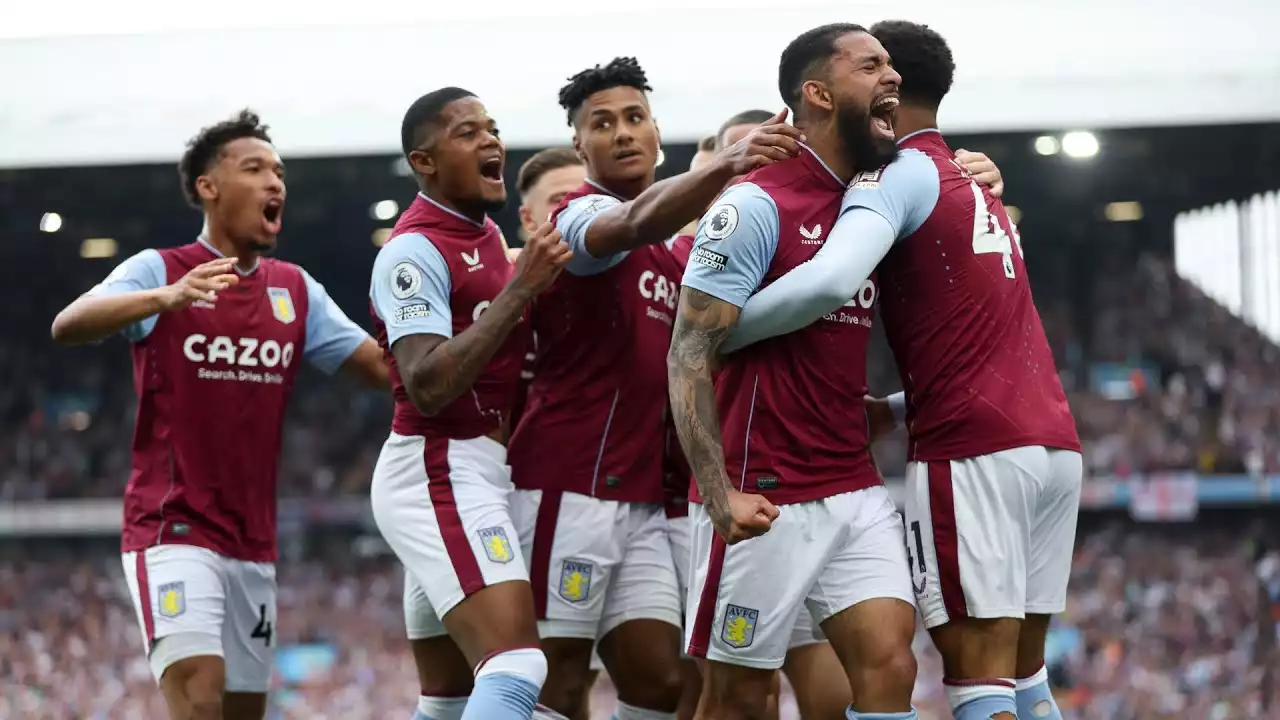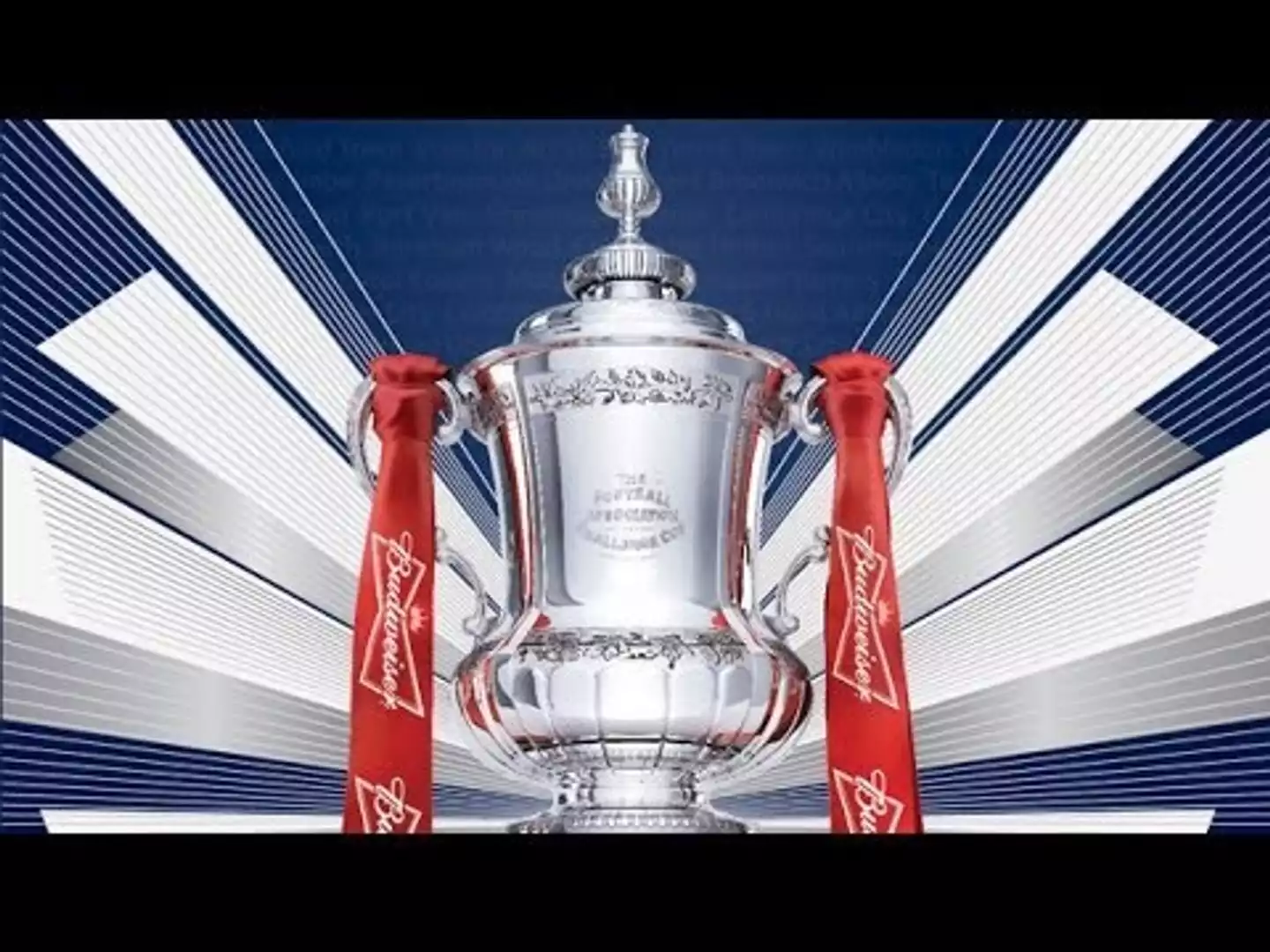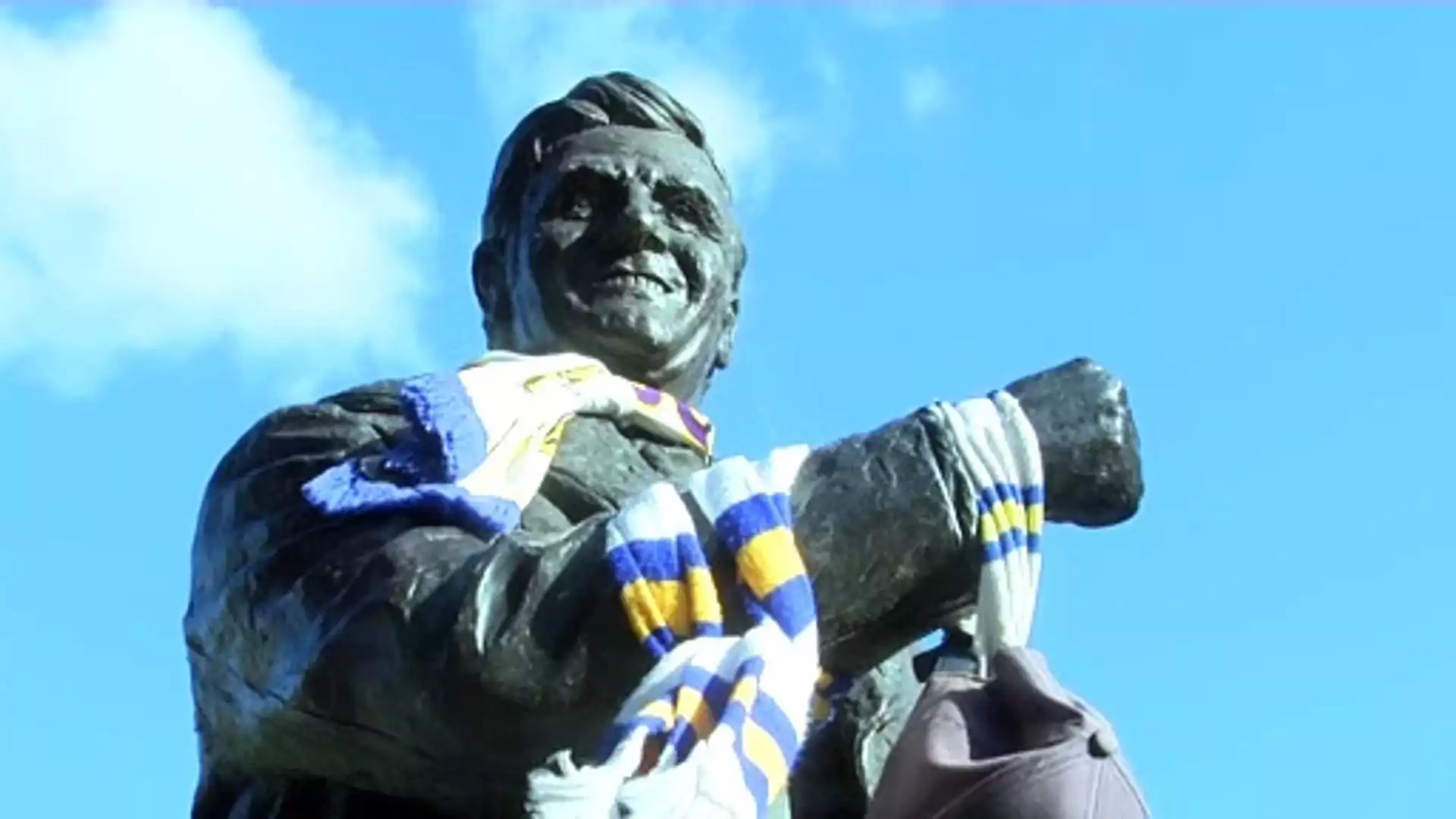The importance of tradition and identity in football
Football is not just a game; it is a way of life. The traditions and identities of football clubs hold immense significance in the hearts of both players and supporters. The EFL Championship is a prime example of how these elements shape the essence of the competition. The history and culture of a club are passed down through generations, fostering a sense of belonging and loyalty among fans. When players step onto the pitch, they carry with them the weight of the club's legacy, driving them to perform at their best.
The historical roots of EFL Championship teams
The roots of EFL Championship teams run deep, tracing back to the origins of football itself. Each club has its own story, shaped by the triumphs, tragedies, and moments of glory that have shaped their journey. From the founding of the Football League in 1888 to the establishment of the Championship in 2004, these teams have stood the test of time, evolving and adapting to the changing landscape of English football. Understanding the historical context of these clubs provides a window into their soul and helps us appreciate the traditions they hold dear.
Embracing local culture and community
One of the defining aspects of EFL Championship teams is their close connection to the local community. These clubs are often the lifeblood of the towns and cities they represent, acting as a unifying force that brings people together. Embracing local culture is an integral part of their identity, whether it's through community outreach programs, supporting local businesses, or showcasing the region's heritage. By fostering a sense of pride in the community, these clubs strengthen their bond with supporters and ensure that their soul remains ingrained in the fabric of their hometown.
The role of team colors and logos
Team colors and logos are more than just visual identifiers; they are symbols of identity and pride. The vibrant hues worn by players on matchdays represent the history, values, and aspirations of the club. Whether it's the royal blue of one team or the claret and blue of another, these colors become synonymous with the club's identity. Logos, too, play a crucial role in capturing the essence of a team. They are often designed to reflect the heritage and values of the club, serving as a visual representation of its soul.
Chants and fan culture
The roar of the crowd is an integral part of the EFL Championship experience. The chants and songs that echo through the stands create an electric atmosphere, igniting passion in both players and supporters. These chants are not just random words; they are an expression of love, loyalty, and belonging. They serve as a rallying cry, uniting fans and creating a sense of camaraderie that transcends the boundaries of the game. From the iconic "You'll Never Walk Alone" at Anfield to the boisterous chants of the "Superhoops" at Loftus Road, these songs become a part of the club's identity, forever etched in the soul of the EFL Championship.
Stadium atmosphere and traditions
The stadiums in the EFL Championship are more than just sporting arenas; they are hallowed grounds where history is made. Each stadium has its own unique atmosphere, shaped by the traditions and rituals that have been passed down through generations. From the singing of the club anthem before kickoff to the halftime traditions that bring fans together, these rituals create a sense of unity and belonging. Stepping into a packed EFL Championship stadium is like stepping into a cauldron of passion and emotion, where the soul of football comes alive.
Club legends and their influence on team identity
Every club has its legends, those players whose names are etched into the annals of football history. These individuals not only leave their mark on the pitch but also shape the identity of the team. From the iconic number 7 shirt worn by George Best at Manchester United to the statue of Sir Bobby Robson outside Portman Road, these legends embody the values and spirit of the club. Their achievements become part of the club's folklore, inspiring future generations and reminding everyone of the soul that runs through the veins of the EFL Championship.
The impact of rivalries and local derbies
Rivalries and local derbies are the lifeblood of football. The intense battles between neighboring clubs fuel the passion and excitement of the EFL Championship. Whether it's the East Midlands derby between Nottingham Forest and Derby County or the Steel City derby between Sheffield Wednesday and Sheffield United, these matches transcend the realms of sport, bringing entire communities to a standstill. The bragging rights and the fierce competition add an extra layer of significance to these encounters, shaping the destiny of the teams involved and adding another chapter to the rich tapestry of the EFL Championship.
Celebrating the soul of EFL Championship teams
The EFL Championship is more than just a stepping stone to the Premier League; it is a celebration of tradition, identity, and the soul of football. From the historical roots that anchor these teams to the passionate chants and fan culture that reverberate through the stadiums, every aspect of the competition is infused with a sense of purpose and belonging. It is a league where clubs embrace their heritage, nurture their local communities, and strive to leave a lasting legacy. The EFL Championship is a reminder that football is not just a game; it is a reflection of who we are, where we come from, and what we hold dear.
